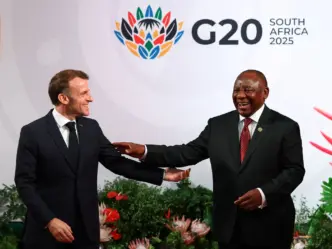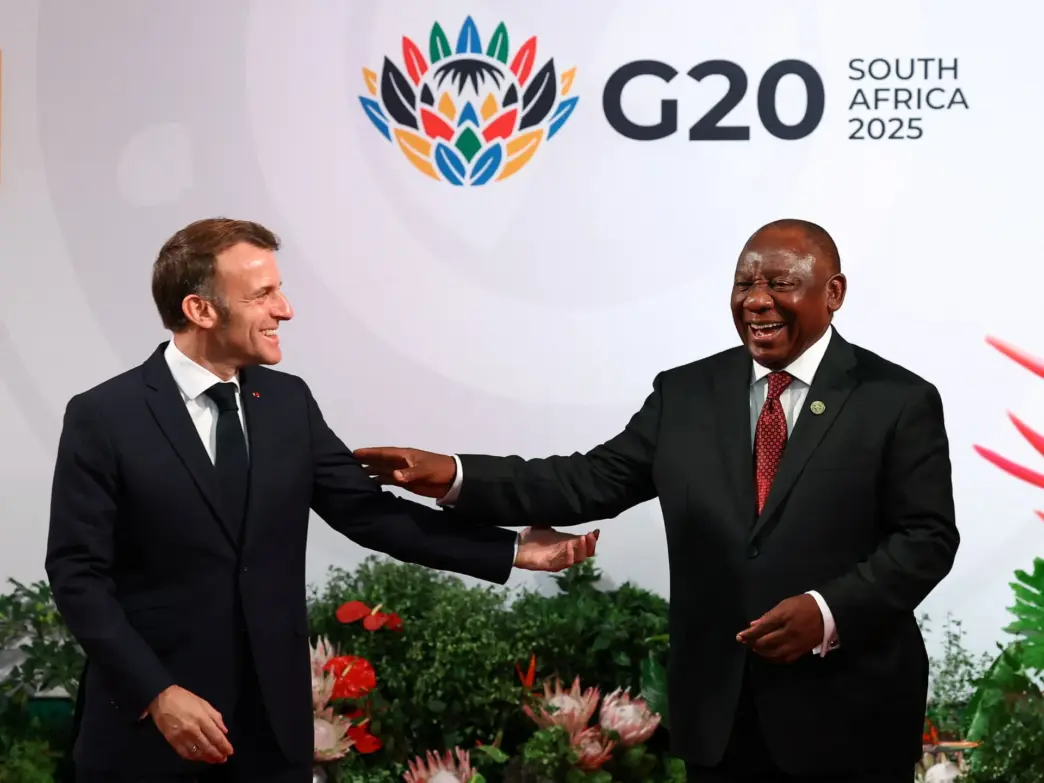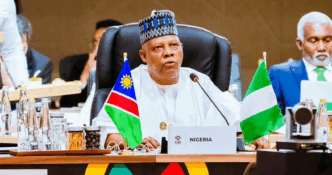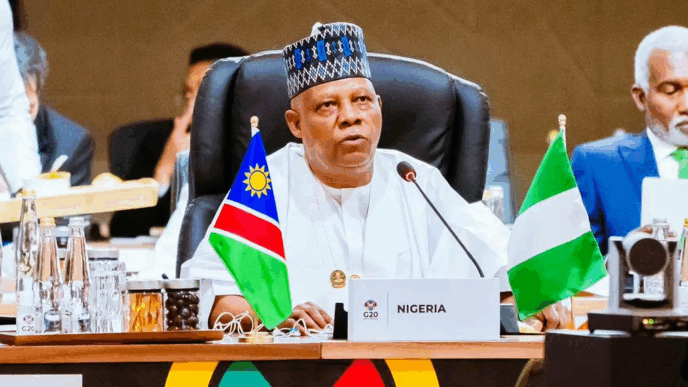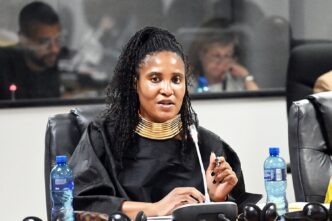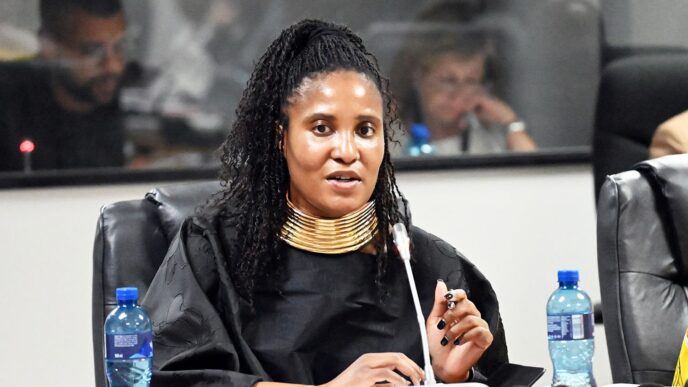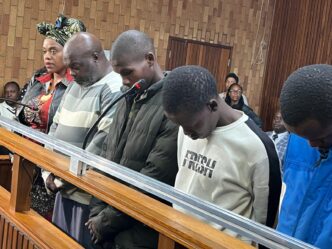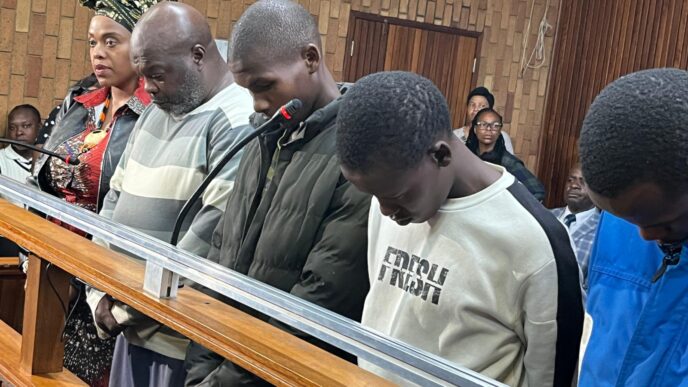Leaders from the G20 top economies concluded their Johannesburg summit by endorsing a declaration centred on “Solidarity, Equality, Sustainability.”
The key outcomes covered critical minerals, global conflict, inequality, and climate change, despite the summit being boycotted by the U.S.
Critical Minerals: The leaders pledged to protect the global supply chain of critical minerals—essential for green energy technologies—from disruptions caused by geopolitical tensions or trade measures.
They also promoted increased exploration in developing countries, arguing that these resources should drive local development rather than just being exported as raw materials, directly challenging China’s dominance in the sector.
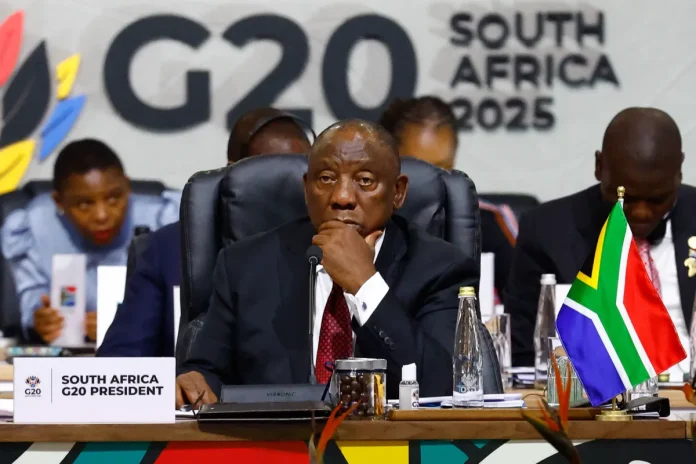
Global Peace: The declaration called for a “just, comprehensive, and lasting peace” in ongoing conflicts, specifically naming Ukraine, Sudan, the Democratic Republic of Congo, and the “Occupied Palestinian Territory,” based on the principle of respecting territorial integrity and sovereignty.
Inequality and Finance: The G20 underlined the “imperative” to address wealth and development disparities both within and between countries.
Leaders supported reforms to the international financial system to help low-income nations manage debt, advocating for greater lender transparency and backing global minimum tax efforts.
However, the language on taxing the super-rich was softer than in previous declarations.
Climate Finance: The declaration acknowledged the need to “rapidly and substantially” scale up climate finance “from billions to trillions” from all sources.
It focused on ensuring equitable access to energy, particularly in Africa, and promoting investments in early warning systems for vulnerable countries.


 Trending
Trending 
